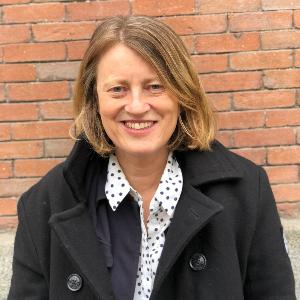Klaus H. Goetz: Exceptional Political Dynamics: Temporality, Turbulence, Transformation
Political Science | Academic Year 2019/2020
Political Science | Academic Year 2019/2020
The CAS Research Group led by Klaus H. Goetz investigates exceptional dynamics in political power constellations that cut across the spheres of authority, bureaucracy, policy, and ideas. The Research Group enquires into the defining substantive and procedural characteristics of exceptional dynamics; and seeks to clarify the theoretical and methodological challenges involved in research on exceptionally dynamic political change. Exceptional dynamics are associated with at least three key concepts: temporality, turbulence, and transformation. Temporal understandings highlight, in particular, time-related features, such as the high speed of change; atypical sequences; or compressed durations, when much seems to happen in a short period of time. Dynamics understood as turbulence relate to a broad range of phenomena, such as variability, inconsistency, unexpectedness, unpredictability, randomness or seeming "chaos". Transformative understandings emphasise the extent and depth of quantitative and/or qualitative political change, as in accounts of revolutions, system breakdowns, or cataclysmic events. The Research Group asks whether exceptional dynamics are becoming more common in national, multi-level and global politics and what are the drivers of exceptionality.

University of Oxford / Alan Turing Institute for Data Science and AI
Political Science